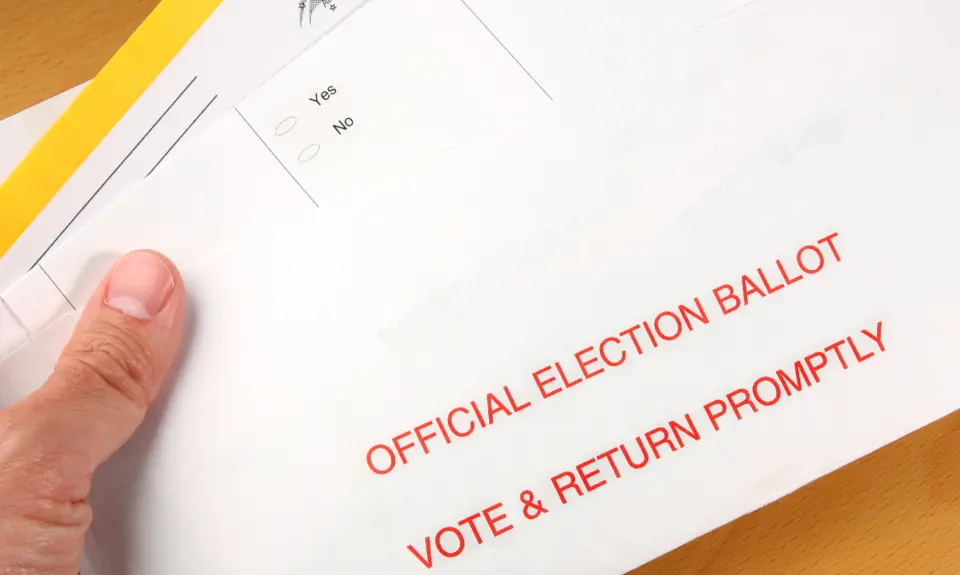The 2021 legislative session is continuing to prove that Jim Crow is alive and well. As of July 14, according to the latest Brennan Center research, 18 states have enacted 30 new laws that restrict voting access. Though other states yet in session may follow, Georgia, Texas, and Arizona have risen to the top as critical inflection points.
The voter suppression wrought by Georgia’s massive new law has garnered not only national media attention but that of Congress. On July 19, the U.S. Senate Rules Committee traveled to Georgia for a field hearing on SB 202 and the case it makes for passing the For the People Act and the John Lewis Voting Rights Act, as well as U.S. Senator Rev. Raphael Warnock’s Preventing Election Subversion Act.
But if we passed federal voting rights protections, we can reverse these restrictions. We can pass legislation that would create uniform national standards so that your right to vote wouldn’t depend on where you live in. We can protect the freedom of voters to decide how they want to vote—whether it’s on Election Day, during early voting, or by mail. And we can strengthen election security by providing new funding for states to replace old voting machines and enhance training for election administrators.
Texas legislators recently traveled to Washington to make a similar case. At the end of May, with SB 7 on the brink of passage and adjournment looming, House Democrats denied the quorum needed to hold a vote by leaving the chamber. Governor Greg Abbott called a special session for July, and voter suppression returned as HB3 and SB1. This time, House Democrats left the state to block these bills and demand federal reform.
People For the American Way President Ben Jealous:
Gov. Abbott and Republican Senate leaders have threatened lawmakers with arrest to try to force them to attend the session. And he has said he will keep calling special sessions until he gets his way. That’s why the Texas legislators came to Washington, D.C. They brought an urgent message to members of Congress: the only way to protect voters from voter suppression at the state level is to pass national voting rights legislation.
The twists and turns of Arizona’s story further lay bare the politics of voter suppression and its grave consequences. Governor Doug Ducey cleared the way for a new voter purge when he signed SB 1485, which punishes “permanent early voters” who miss two elections by forcing them to confirm in writing that they still want to vote by mail or they’ll stop receiving ballots. Gov. Ducey also signed a state budget that includes anti-voter provisions. While the legislature attempted to move a massive voter suppression package nearing adjournment in an already extended session, an ongoing feud between Sen. Townsend and Sen. Michelle Ugenti-Rita flared up again and killed it.
As we plan for the next election and begin to experience the effects of new anti-voter laws, our votes and our voices will be more necessary than ever. Arizona voters will not be silenced. The Arizona Legislature’s rush to push through cruel election-related policies was designed not only to create deliberate barriers between voters and the ballot, but also to avoid public scrutiny of these measures. The real opportunity for change lies in how these bills are implemented.
